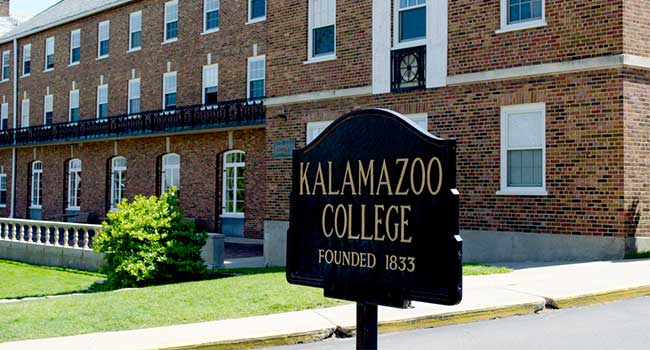
Michigan College Boosts Security, Safety to Prevent Sexual Violence on Campus
Kalamazoo College is increasing safety measures, adding personnel and training students to prevent potential sexual assaults on campus.
- By Sydny Shepard
- September 12, 2018
Kalamazoo College is boosting security and safety measures in an effort to prevent violence and sexual assaults on campus. According to a local news station, the college is the only one in the state of Michigan to receive grant funding to promote education and training to prevent sexual violence.
The $300,000 grant, awarded by the U.S. Department of Justice, will help the college hire new staff, training for campus security and more programming for students and staff to reduce sexual violence on campus. Security measures such as emergency lights and communication stations have been installed around campus as well.
"Our goal has always been to move to a campus that's free of gender based violence - that's the number one goal," Title IX Coordinator at Kalamazoo College, Lassiter Collier, said. "If we can secure funding and staff and support in order to achieve that goal, obviously we're going to do everything we can."
The campus already requires a "Green Dot" course, which is a program that teaches assault intervention skills to students and staff.
"Hopefully we can empower our students to feel confident in their relationships that they're having and also intervening any potential acts of harm that they see," Collier said.
About the Author
Sydny Shepard is the Executive Editor of Campus Security & Life Safety.